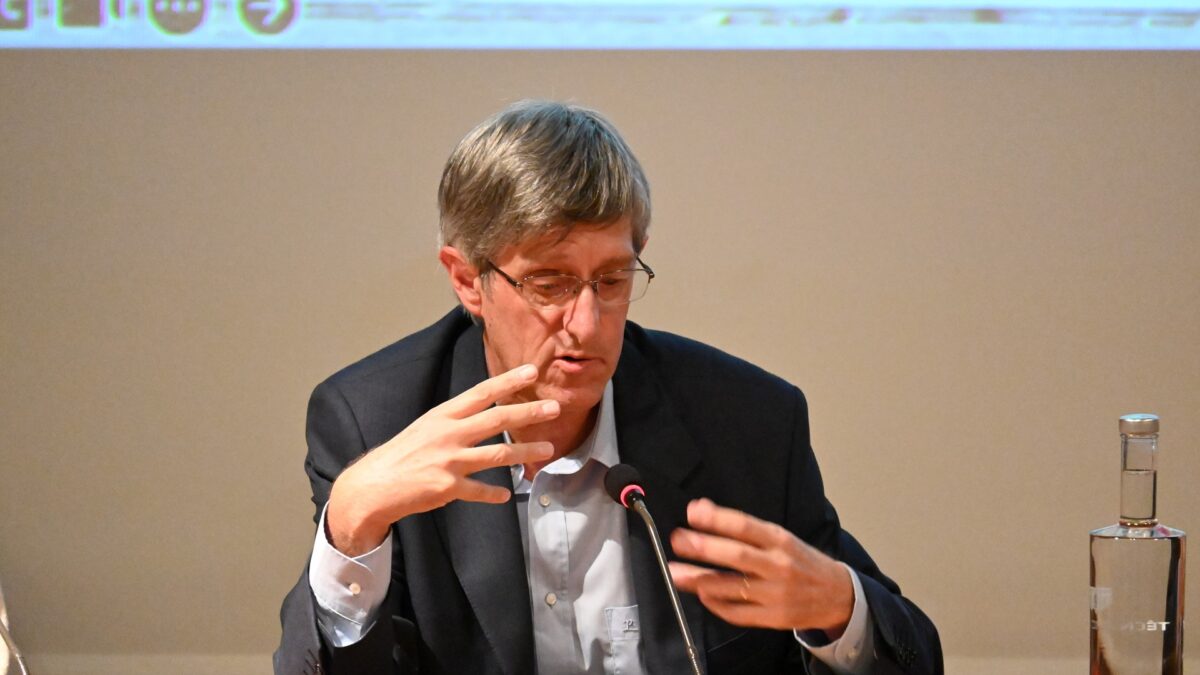
Arlindo Oliveira and the Future of AI: From Generative Intelligence to National Strategy
It is definitely the topic of the moment and there is still a lot that can be said about it. After having previously authored an essay on the topic, between 2017 and 2018, and following an invitation from Fundação Francisco Manuel dos Santos, Arlindo Oliveira, INESC-ID researcher and Professor at the Department of Computer Science and Engineering (DEI), wrote the book Generative Artificial Intelligence (A Inteligência Artificial Generativa).
“The goal was to present artificial intelligence in a way that is accessible to the general public. After writing that earlier essay, I realized that public perception of the subject had changed radically. Artificial intelligence, which was once a topic of interest confined to specialists, has become a common subject of discussion among the general public, especially after the emergence of technologies like ChatGPT,” Arlindo explains—or rather, the interactive chatbot of generative artificial intelligence created from the book’s content answers.
“I believe it is important to contextualize artificial intelligence within the broader evolution of natural intelligence, which can be appealing from a scientific, philosophical, and humanistic perspective,” the bot continues, echoing Arlindo’s words as expressed in the newly released book.
A debate about the book’s theme will take place on February, 12, at El Corte Inglés, Lisboa, with the presence of Ana Paiva, the Secretary of State of Science and INESC-ID researcher, and Paulo Dimas, from the company Unbabel. Generative Artificial Intelligence: Risks or benefits for the society of the future?
Earlier this month, Arlindo was appointed to chair the Specialized Monitoring Committee for the National Artificial Intelligence Agenda. This committee will play a crucial role in shaping strategies for the development of a robust and innovative AI ecosystem in Portugal. The National Artificial Intelligence Agenda, part of the National Digital Strategy approved by the Government on December 12, 2024, will be presented at the end of the first quarter of 2025.
Joining Arlindo Oliveira on the committee are Goreti Marreiros, President of the Portuguese Association for Artificial Intelligence (APPIA) and Principal Coordinator Professor at the Instituto Superior de Engenharia do Porto; Daniela Braga, representing the Accelerat.ai consortium, a key initiative under the Recovery and Resilience Plan (PRR); and Paulo Dimas, representing the Center for Responsible AI consortium, also part of the PRR – both of these projects, of which INESC-ID is a part.
